
The government has reconstituted the Economic Advisory Council (EAC), modifying the previous structure by increasing the number of members from 18 to 25 and making the prime minister the chairman instead of the finance minister. But the chairmanship is the least of the EAC's problems. The composition of the committee clearly shows that the government is not big on dissent. Only three members of the previous EAC have been retained, and most of those who were critical of the government's policies have been shown the door.
This is especially important because if we are to believe that if the reason for sacking the last EAC was bad advice or a quiet acceptance that the government's economic performance has not been up to the mark, then the dissenters would have to be considered the ones that got it right, even if they did offend the elected lot. And even if it was a matter of differences with those specific dissenters, several well-reputed 'neutral' economists were apparently not even considered.
One of the interesting developments around the EAC has been the case of former finance minister Shaukat Tarin, who previously claimed that he would head the council. He was 'demoted' to the status of a member in the official announcement soon after he severely criticised the performance of the government’s economic team in television interviews, calling the economy rudderless. We can't be sure whether this was because his initial claim was false or his criticism was not well received.
Meanwhile, many of the other new members have also served in previous governments and can be 'credited' with being the brains behind the policies that Prime Minister Imran Khan and other PTI leaders blame for the economic problems this government inherited. It would be unsurprising if we soon find those same 'failed' policies recycled, repackaged, and touted as great innovative work by the incumbent lot. Again, there are several well-reputed economists out there who do not carry the 'taint' of previous governments.
As for the members without government backgrounds, while they all seem well-qualified to be on the EAC, the fact that most of them are believed to be very close to the ruling party causes concern over whether they will behave as yes men. There is another concern over the number of bankers in the new EAC. While being a banker is not a disqualifier, it is rare for bankers to be credited with bringing economic success to any large country. However, they have brought the world economy to its knees several times when the advice of actual economists was ignored.
Soon after taking over the government, PM Imran had formed the EAC, a non-constitutional and independent committee, so that “the best possible professional advice is available to the government to inform, optimise and synergise the formulation and implementation of its economic and financial policies”. However, the idea could not take off with the council contracting controversies from the very onset, starting with the hue and cry over the appointment of Dr Atif Mian that led to his exclusion from the EAC, followed by the pullout of another member in protest.
It was observed that the council mostly remained dysfunctional. Even if it was fully functional, there were too many cooks to spoil the broth. Well, the number of cooks in the reconstituted council has gone up to 25, from 18.


















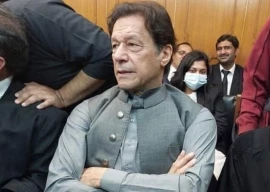
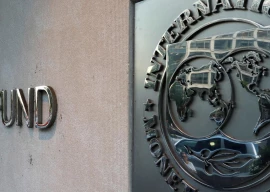
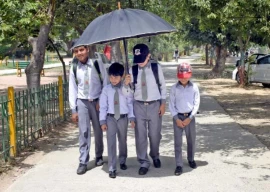

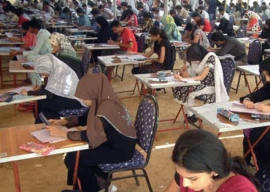




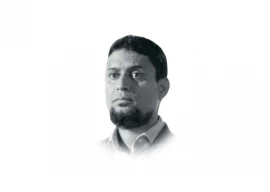

COMMENTS
Comments are moderated and generally will be posted if they are on-topic and not abusive.
For more information, please see our Comments FAQ